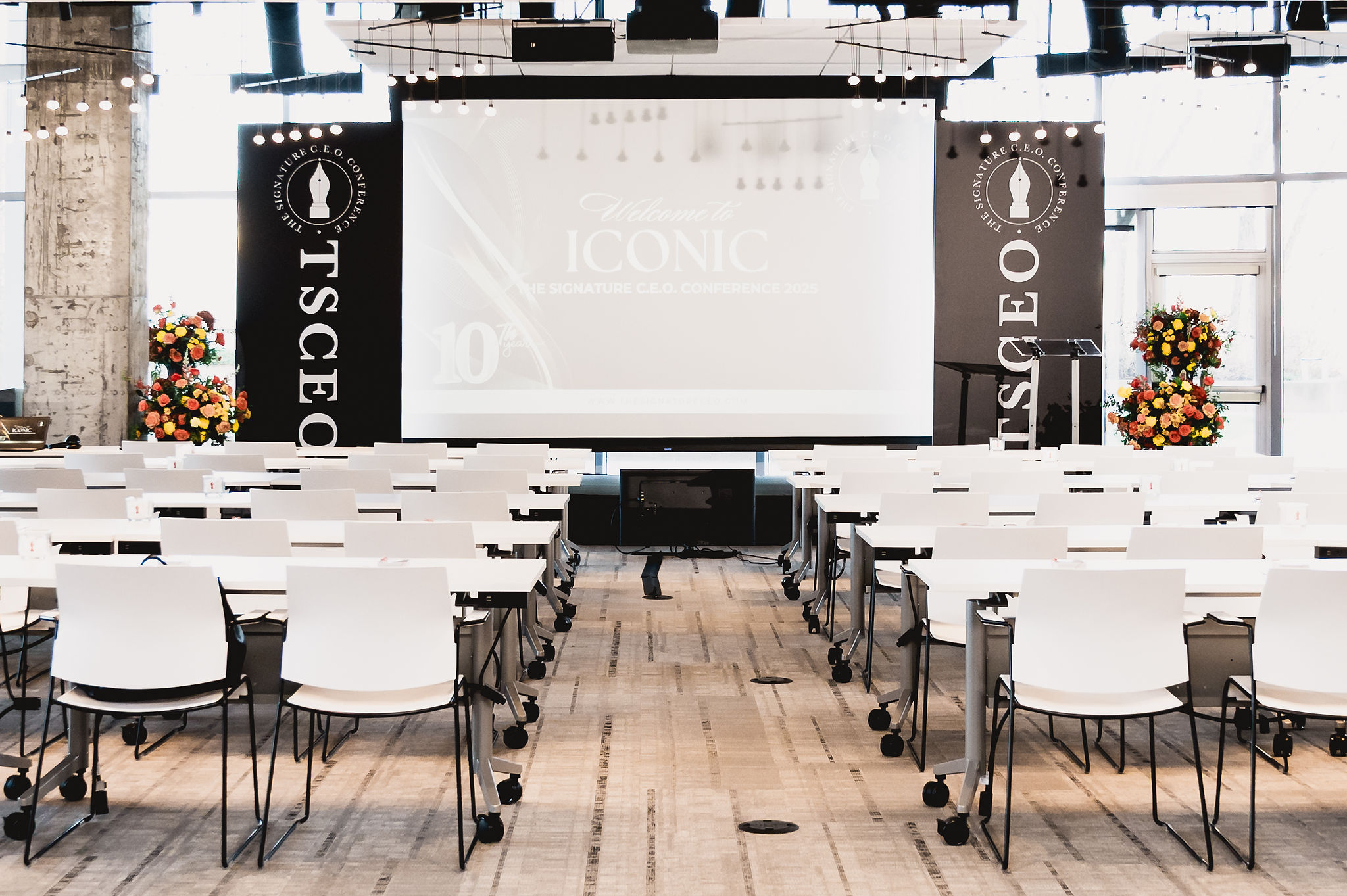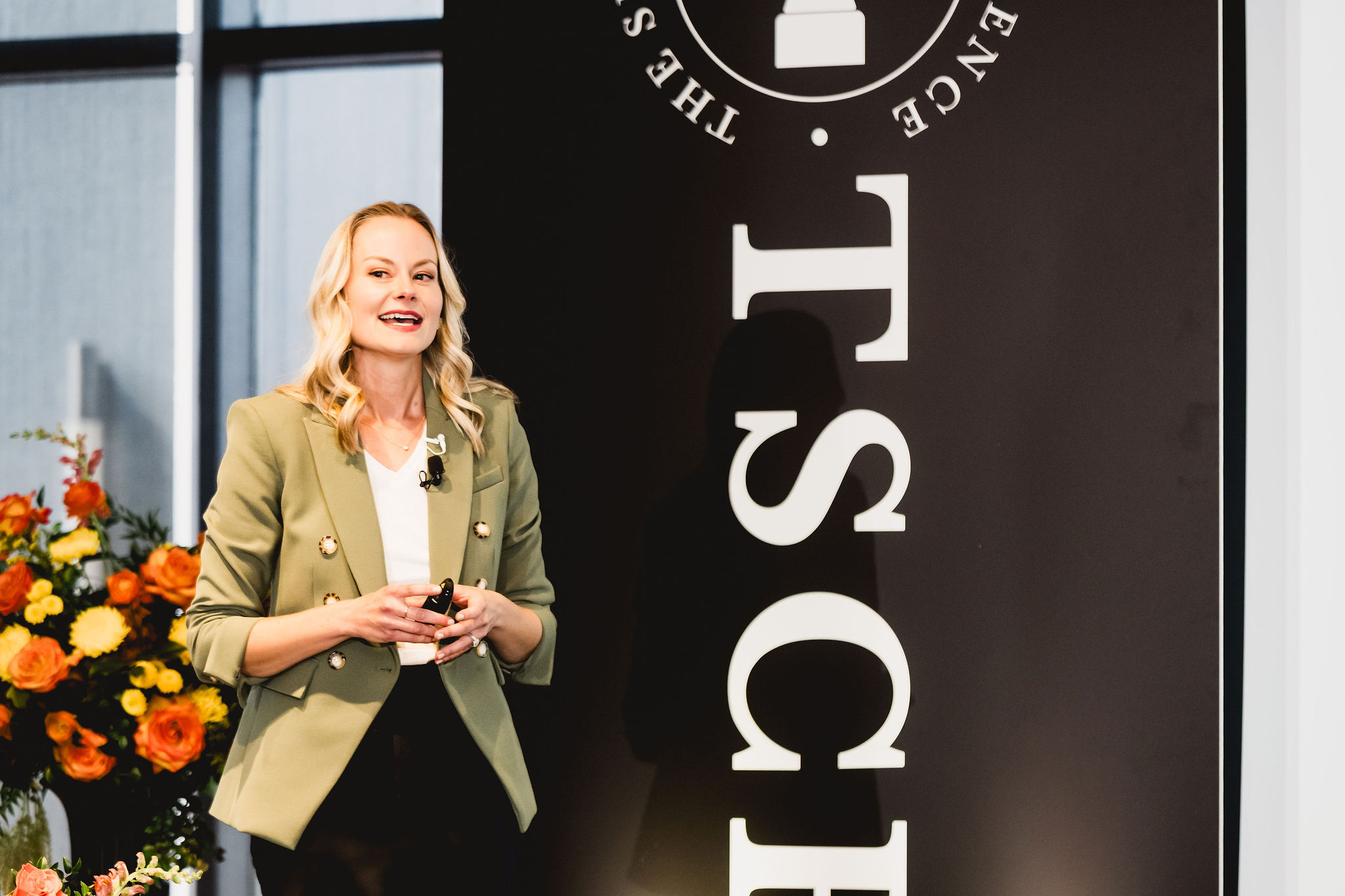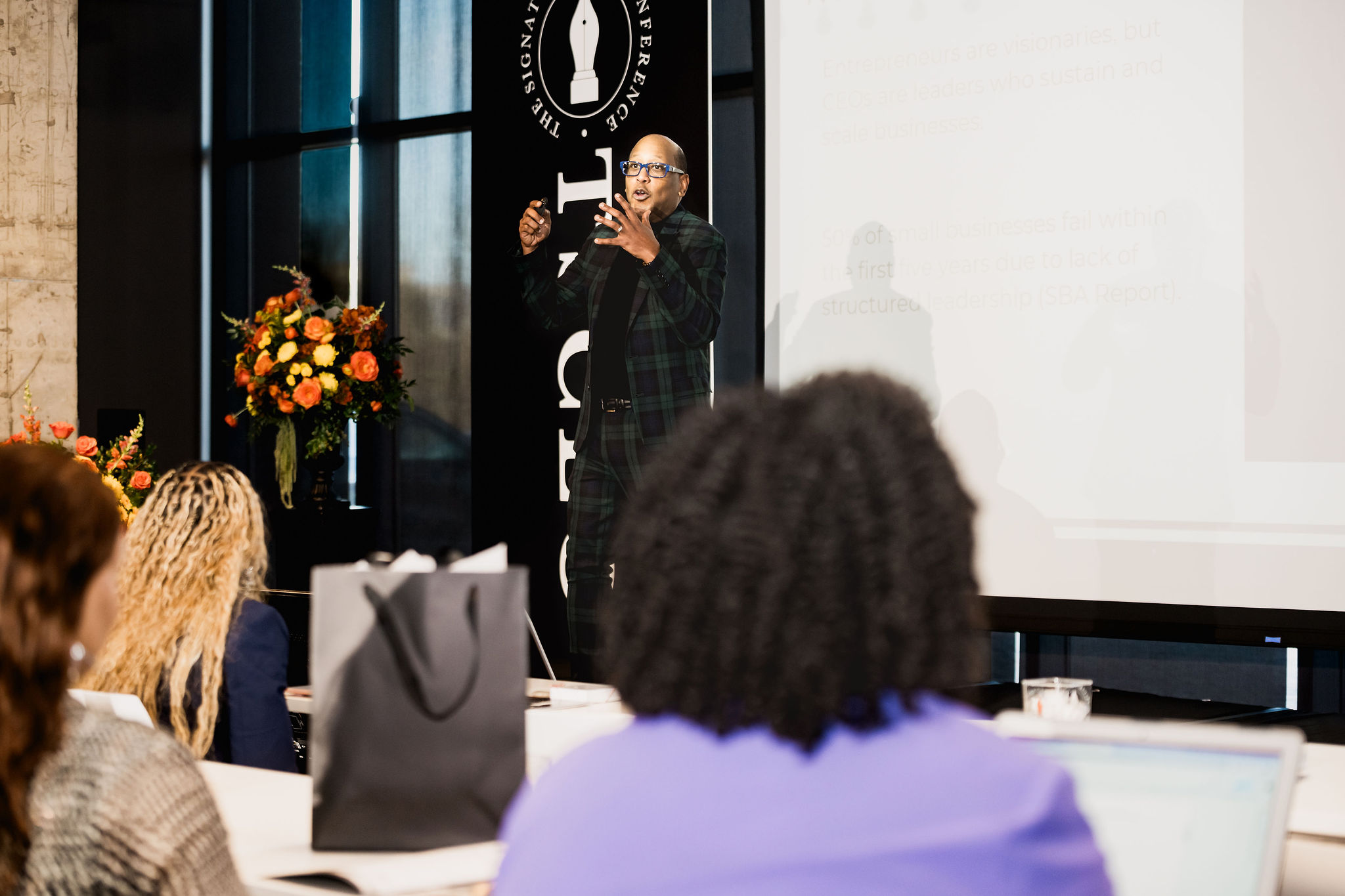
Thank you for reading part one of my blog series, “How to Be an Irresistible Speaker.” I hope the insights provided have been valuable in helping you refine your skills and position yourself as a potential conference speaker. In part one, I covered essential tips and strategies to help you get noticed as a conference speaker.
Now, it’s time to move on to part two, “You’ve Been Selected, Now What?” This section is designed to help you navigate the next steps after being chosen as a speaker. I will dive into how you can gain favor in the eyes of the conference producer, ensuring that you leave a lasting positive impression. By following the advice in this part, you’ll be well-positioned to become a returning speaker and receive referrals for additional speaking platforms.
Congratulations on being selected to speak at a notable conference! This is a significant achievement and a testament to your expertise and skills. In the upcoming part of the blog series, I will explore what you need to do next in your role as a conference speaker. From preparing thoroughly to engaging with the audience and collaborating with the organizers, I will cover everything you need to know to excel in your speaking engagement.
Let’s get started on making your speaking experience shine, pave the way for future opportunities, and to have a resounding success!

Familiarize yourself with the conference agenda and other sessions. This will help you tailor your presentation to complement the overall theme and provide a cohesive experience for attendees. Focus on delivering content that is valuable and relevant to your audience. Share practical insights, actionable tips, and real-world examples. Understand your audience – tailor your content to their interests, knowledge level, and needs which will make your presentation more relevant and engaging.
Clarify all deadlines and deliverables with the conference organizer. Adhering to deadlines demonstrates your professionalism and reliability. It shows that you respect the organizers’ time and effort, which can enhance your reputation and increase the likelihood of future speaking opportunities.
Make sure you know exactly what is expected and when. If you foresee any issues meeting a deadline, communicate with the organizers as early as possible. The organizer may be able to offer assistance or adjust timelines if necessary. Meeting deadlines helps the conference organizer to plan effectively and avoid last-minute issues. This also helps you as the speaker to minimize any risks for your presentation.
Some of the most common deadlines speakers are required to adhere to are:

Conference organizers invest a lot of time and resources into planning the event. By promoting and collaborating, you help them achieve their goals, which can lead to a more successful and well-organized conference. Offer to help with promotional activities, such as writing a guest blog post for the conference website or participating in a pre-event webinar. Use your social media channels, blog, or email newsletter to promote the conference. Share details about your session and encourage your followers to attend.
Engaging with potential attendees before the event creates excitement and anticipation. It allows you to connect with your audience early, making them more likely to attend your session and participate actively. When you promote the conference, you will help attract more attendees. This not only benefits the conference but also ensures a larger audience for your session, enhancing your impact.
By promoting and collaborating with the conference, you contribute to its success while also enhancing your own professional reputation and opportunities.

Reach out to fellow speakers to discuss the conference and your sessions. By discussing your topics and approaches, you can ensure that your presentations complement each other and align with the conference’s overall theme. This creates a more cohesive experience for the audience.
Building relationships with other speakers provides a support network. You can offer each other encouragement, feedback, and assistance, which can be especially helpful if you’re facing any challenges.
Responding promptly to emails and phone calls ensures you receive all important updates and information. Regular communication helps clarify any expectations or requirements from the organizers. If any issues or concerns arise, communicating early allows for timely resolution. Whether it’s a technical problem, a scheduling conflict, or a question about your presentation, addressing these matters promptly helps avoid last-minute complications.
Demonstrating professionalism through consistent communication reflects well on you as a speaker. It reassures the organizers that you are reliable and committed to delivering a high-quality presentation. Respectful and timely communication builds a positive relationship with the conference organizer. It shows that you value their time and effort, which can lead to a smoother collaboration and potentially more opportunities in the future.
As we conclude part two in this series, it’s essential to recognize the pivotal role a speaker plays in the success of a conference. Your performance is not just about delivering a great presentation; it is your entire interaction that significantly impacts the overall experience for attendees and the conference’s reputation. A lack of preparation or engagement can hinder the conference’s success, creating a ripple effect that affects everyone involved.
Your commitment and support are vital to the conference’s overall success. By actively participating, promoting the event, and collaborating with organizers and fellow speakers, you contribute to a seamless and enriching experience for all. Remember, you are part of a bigger picture, and your efforts help shape the conference’s impact and legacy.
(all pictures in this blog are real events of Signature Concepts LLC; photography credit: Dora Breaux Photography)